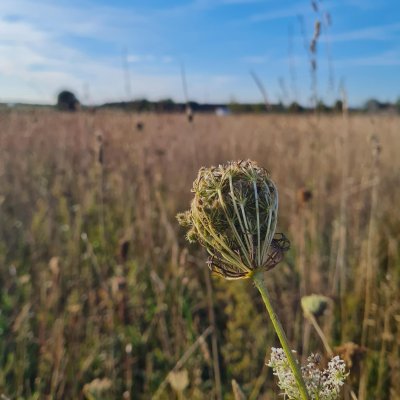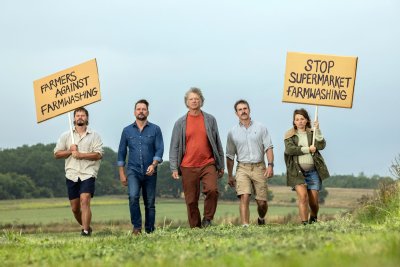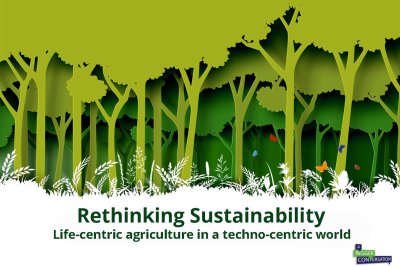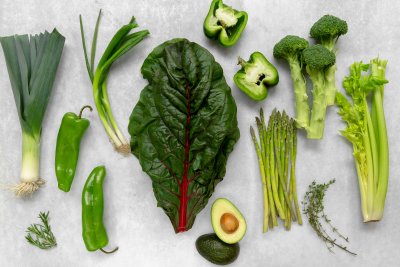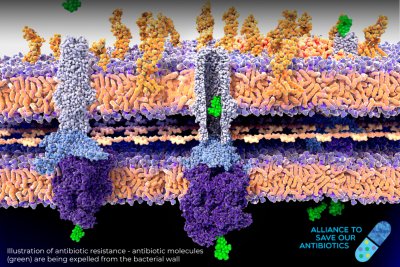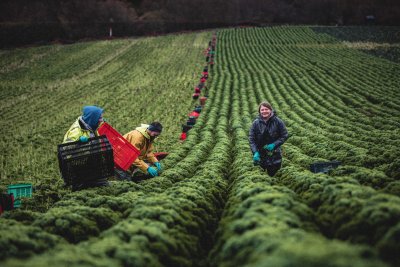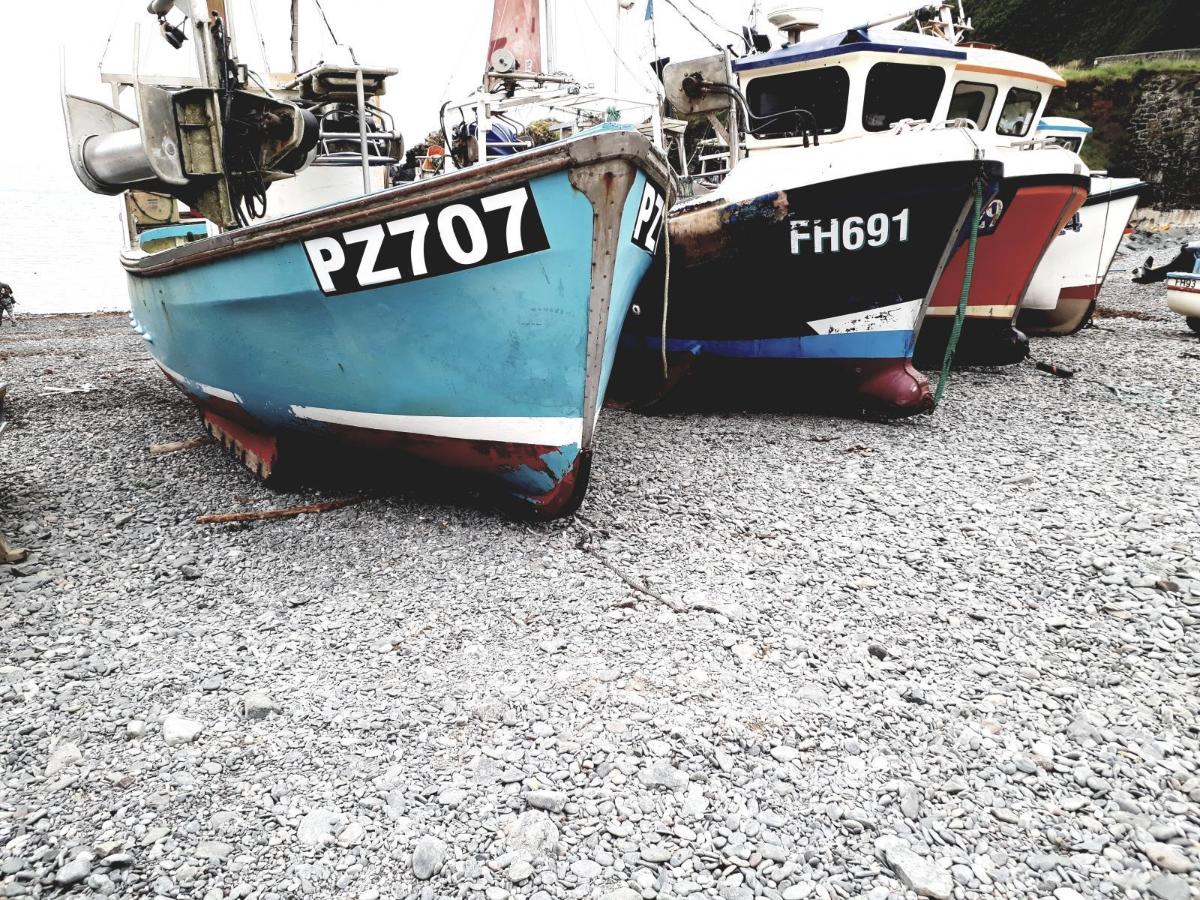
Sustain responds to disappointing UK Fisheries Bill
The Government used school half term to slip out its Fisheries Bill to little fanfare. As an 'enabling' Bill it does little more than give powers to the Secretary of State, or devolved administrations, to make legislation in the future. The little detail it does provide suggests a step back in commitments to sustainability. Read Sustain's initial response.
Ruth Westcott, Sustainable Fish Coordinator at Sustain, responds:
The Bill is incredibly disappointing. Michael Gove has ducked away from the difficult questions, and put off long-overdue debates about a fairer and more sustainable allocation of quota and setting targets to make all UK fisheries verifiable sustainable so they can achieve the best markets for their products.
On discards,the Bill states an objective to 'Gradually eliminate discards' - which is far weaker and slower than the EU commitment to end discarding completely, which has a clear and unambiguous deadline. This is a backward step, despite us all having been promised no weakening of British environmental standards after Brexit.
Through the UK's membership of the European Union, we are also signed up to a commitment to fish all stocks to a level that will lead to maximum productivity (Maximum Sustainable Yield - MSY) by 2020. This is missing from the Fisheries Bill, which contains only a vague reference to MSY.
Sustain is concerned that we are putting the reputation of UK fish products at risk. The market for sustainable seafood is growing 10 times faster than the market for conventional seafood. Securing the best markets within and outside the EU requires fish products to be able to demonstrate that they are sustainably produced, including robust conservation measures for the marine environment that the fish come from. At present, a worryingly large amount of the fish landed in the UK is not verifiably sustainable. Sustainable Fish Cities recently found that UK fisheries are losing out on millions of pounds of business from the catering sector alone, as UK buyers look abroad for sustainable fish instead of being able to buy locally with confidence.
A number of UK fisheries have achieved Marine Stewardship Council Certification which helps them both to demonstrate sustainability and to access the best buyers for their produce. For many of these fisheries, strong commitments to sustainable fishing like the discard ban and mandatory targets to achieve MSY within a set timeframe are part of the reason that certification has been granted. We don't know where this weak Fisheries Bill leaves these fisheries.
The UK’s seas have historically been, and could be, an abundant source of food, economic wealth and employment, but at the moment they are failing to meet their full potential. Two thirds of UK stocks are underperforming because they are fished at a faster rate than they can replenish. So the industry is missing out on millions of pounds each year in the long run by going for a quick, short-term buck.
New Economics Foundation research has shown that 10,000 new jobs could be created if stocks recovered. Limiting catches to follow scientific advice would actually increase landings by 45%, translating into an additional Gross Value Added (GVA) of approximately £150 million across the UK coast, and would support an additional 2,400 full-time equivalent jobs (source Blue New Deal, NEF).
Sustainable Fish: A campaign to protect precious marine environments and fishing livelihoods, and call for fish to be bought from sustainable sources. We want to show what can be done if people and organisations make a concerted effort to change their buying habits.
Sustain
The Green House
244-254 Cambridge Heath Road
London E2 9DA
020 3559 6777
sustain@sustainweb.org
Sustain advocates food and agriculture policies and practices that enhance the health and welfare of people and animals, improve the working and living environment, promote equity and enrich society and culture.
© Sustain 2024
Registered charity (no. 1018643)
Data privacy & cookies
Icons by Icons8
